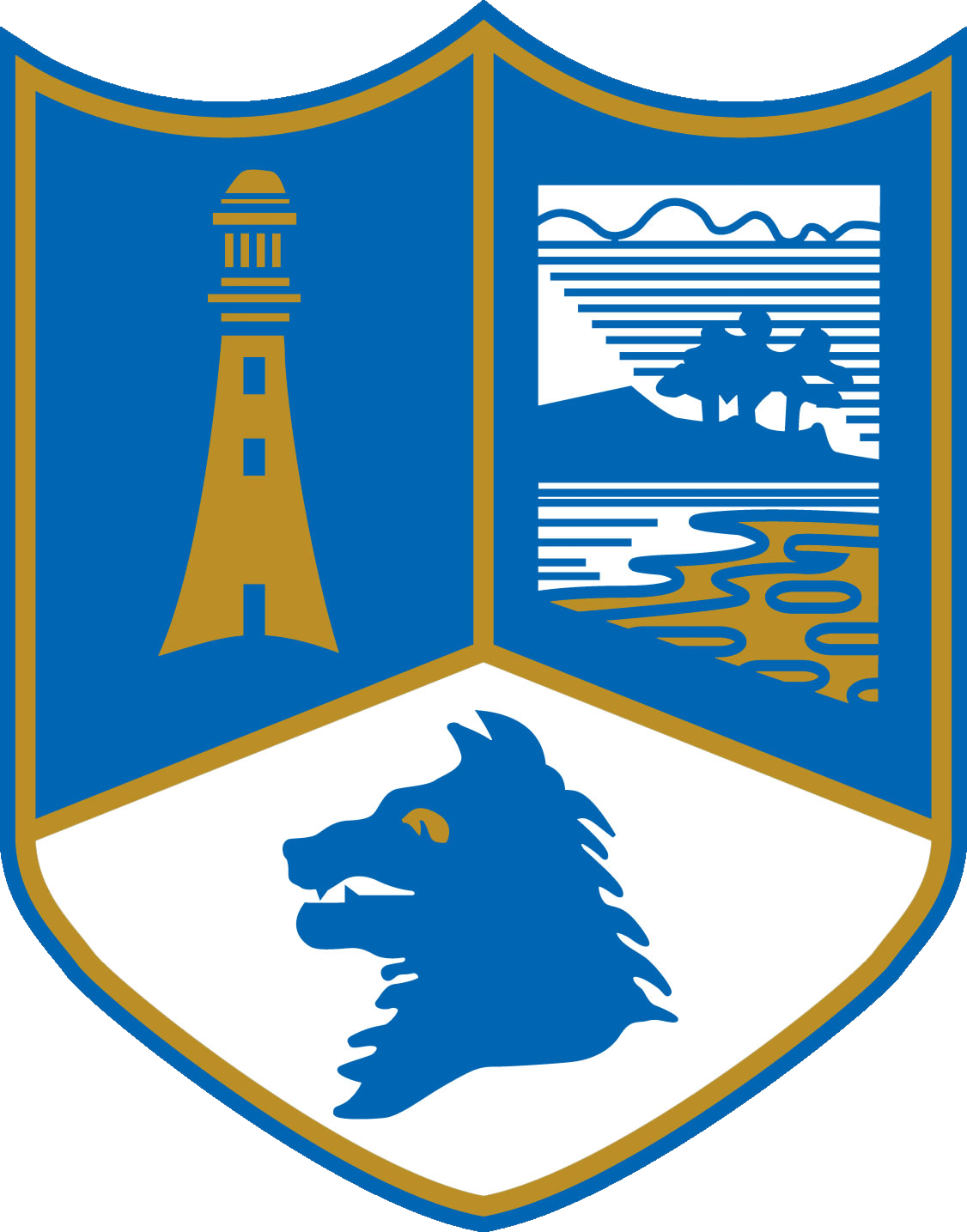More in this Section
Y9 History

Head of Department
Ms S Lomas
Organisation of the subject:
Pupils have 2x 50 minute lessons a week.
Key Concepts (The big ideas underpinning the subject)
- Historical concepts such as continuity and change, cause and consequence, similarity, difference and significance. Pupils will use these skills to make connections, draw contrasts, analyse trends, frame historically-valid questions and create their own structured accounts, including written narratives and analyses.
- Understanding of the methods of historical enquiry, including how evidence is used rigorously to make historical claims, and discern how and why contrasting arguments and interpretations of the past have been constructed.
- Gaining of historical perspective by placing knowledge into different contexts, understanding the connections between local, regional, national and international history; between cultural, economic, military, political, religious and social history; and between short and long-term timescales.
What will your child be learning?
Year 9 history begins with looking at a significant society in the wider world. We choose to study the development of the American West between 1840 and 1895. This allows us to show how American developed which supports understanding of the role that the USA played in Europe in the 20th century. We then move on to study World War One and use the enquiry question “Why was World War One a World War?”to achieve this. We then look at the inter war years and try to make comparisons between countries including Germany, Britain and Russia to decide if the War was “worth fighting.” In the summer term we study the rise of Hitler, the outbreak of World War Two and its key events. In the summer term we undertake a focus study on the Holocaust. Finally we introduce the Cold War which is a stepping stone to GCSE.
Key 'Learning Capacities' in this subject
- Gain a coherent understanding of Britain’s past and that of the wider world
- Inspire pupils’ curiosity to learn more about the past.
- Equip pupils to ask perceptive questions, weigh evidence, sift arguments and develop perspective and judgement.
- Help pupils to understand the complexity of people’s lives, the process of change, the diversity of societies and relationships between different groups, as well as their own identity and the challenges of their time.
How will your child be learning?
- Investigation and sources driven lessons
- Small group work
- Individual research
- One to one discussions with teachers
- Extended projects
- Engagement with people from the past and through local historical links
How will learning be assessed?
- Monitoring homework and classwork.
- One assessment per term that assesses the four key areas of historical study: Knowledge, use of historical concepts such as assessing usefulness, working with sources and working with interpretations.
- Extended projects to develop independent research skills and understanding of the past from a global perspective.
What can you do to support your child?
- Read with your child both non-fiction and historical fiction.
- Support homework through research and encourage pupils to look in a variety of places.
- Foster an environment of interest in the past by watching historical programmes of visiting historical environments.
- Engage in discussions about what leaning has taken place.
Equipment needed for this subject
- Pens, pencils, ruler, highlighters, coloured pencils.
Extra-Curricular/Enrichment Opportunities
- Opportunities for trips, both local and international
- Enrichment days
